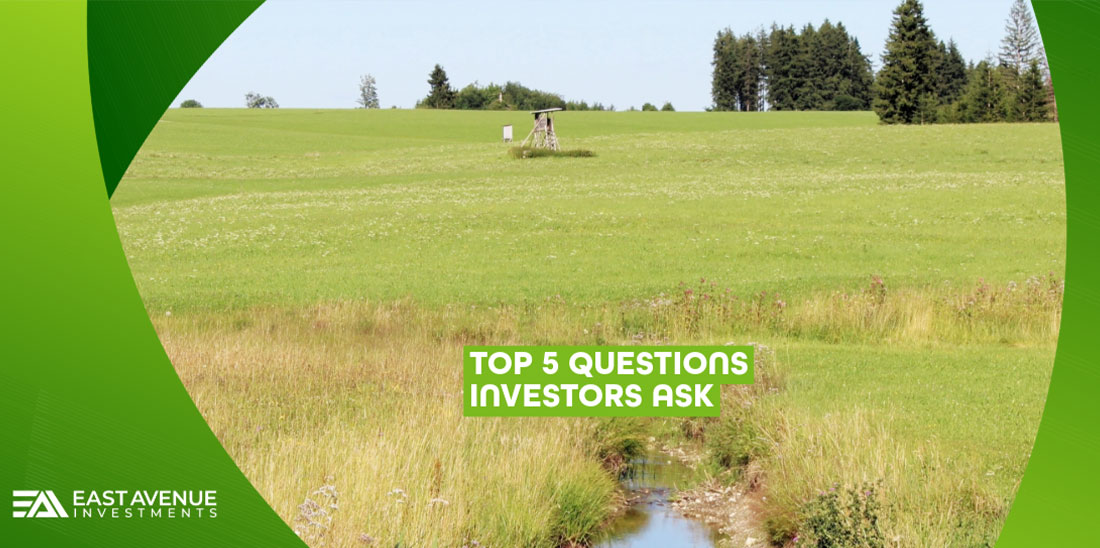
Land banking is an investment strategy that involves acquiring undeveloped land with the expectation of future appreciation. If you’re exploring land banking opportunities, it’s crucial to understand the key factors that influence potential outcomes. This guide addresses common questions investors have about land banking and provides insights to help you make informed decisions.
1. What Factors Influence Land Value Appreciation?
Land values can be affected by various factors, including:
- Infrastructure Development: The construction of roads, utilities, and other infrastructure can enhance land accessibility and desirability.
- Zoning Changes: Modifications in land use regulations can increase the potential for development.
- Economic Growth: Population growth and job creation in the area can drive demand for land.
While these factors can contribute to land value appreciation, it’s important to note that land banking is typically a long-term investment strategy. Returns are not guaranteed, and all investments carry inherent risks
2. What Are the Potential Risks of Land Banking?
Investing in land banking involves certain risks, such as:
- Regulatory Risks: Changes in zoning laws or environmental regulations can impact the development potential of land.
- Market Risks: Fluctuations in the real estate market can affect land values.
- Liquidity Risks: Land is a relatively illiquid asset, and selling it may take time, especially if it’s undeveloped.
- Carrying Costs: Ongoing expenses, including property taxes and maintenance, can affect the overall return on investment.
It’s essential to conduct thorough due diligence and consult with professionals to understand and mitigate these risks.
3. How Do I Evaluate the Right Location for Land Investment?
When assessing potential land investments, consider the following factors:
- Proximity to Urban Centers: Land near growing cities may have higher development potential.
- Access to Infrastructure: Availability of roads, utilities, and other infrastructure can enhance land value.
- Market Trends: Research local real estate trends to identify areas with potential for growth.
- Zoning and Land Use Plans: Review local zoning laws and future land use plans to understand development possibilities
Utilizing tools like GIS mapping and consulting with local planning departments can aid in evaluating land locations.
4. What Are the Common Structures of Land Banking Deals?
Land banking deals often involve:
- Acquisition of Land: Investors purchase land with the expectation of future appreciation.
- Option Agreements: Developers may have the option to purchase the land at a later date.
- Joint Ventures: Partnerships between landowners and developers to share risks and rewards.
- Financing Arrangements: Securing funding through loans or other financial instruments to acquire land.
Each deal structure has its own set of terms and conditions, and it’s important to understand the specifics before entering into any agreement.
5. What Should Investors Understand Before Participating in Land Banking?
Before investing in land banking, consider the following:
- Investment Horizon: Land banking is typically a long-term investment strategy.
- Due Diligence: Conduct thorough research on the land, including title searches, environmental assessments, and zoning regulations.
- Financial Considerations: Understand the costs involved, including acquisition, maintenance, and potential development expenses.
- Exit Strategy: Have a clear plan for how you will sell or develop the land in the future.
Consulting with real estate professionals, legal advisors, and financial planners can provide valuable guidance in navigating land banking investments.
Final Thoughts
Land banking can offer opportunities for long-term investment growth, but it’s essential to approach it with careful consideration and due diligence. By understanding the factors that influence land value, assessing potential risks, and evaluating suitable locations, investors can make informed decisions that align with their financial goals.
Learn More About Land Banking
Interested in exploring land banking in greater detail?
Download our free investor guide, Land Banking 101: How to Navigate Opportunities and Understand the Process. This resource walks you through key concepts, deal structures, and considerations so you can make informed decisions aligned with your goals.


